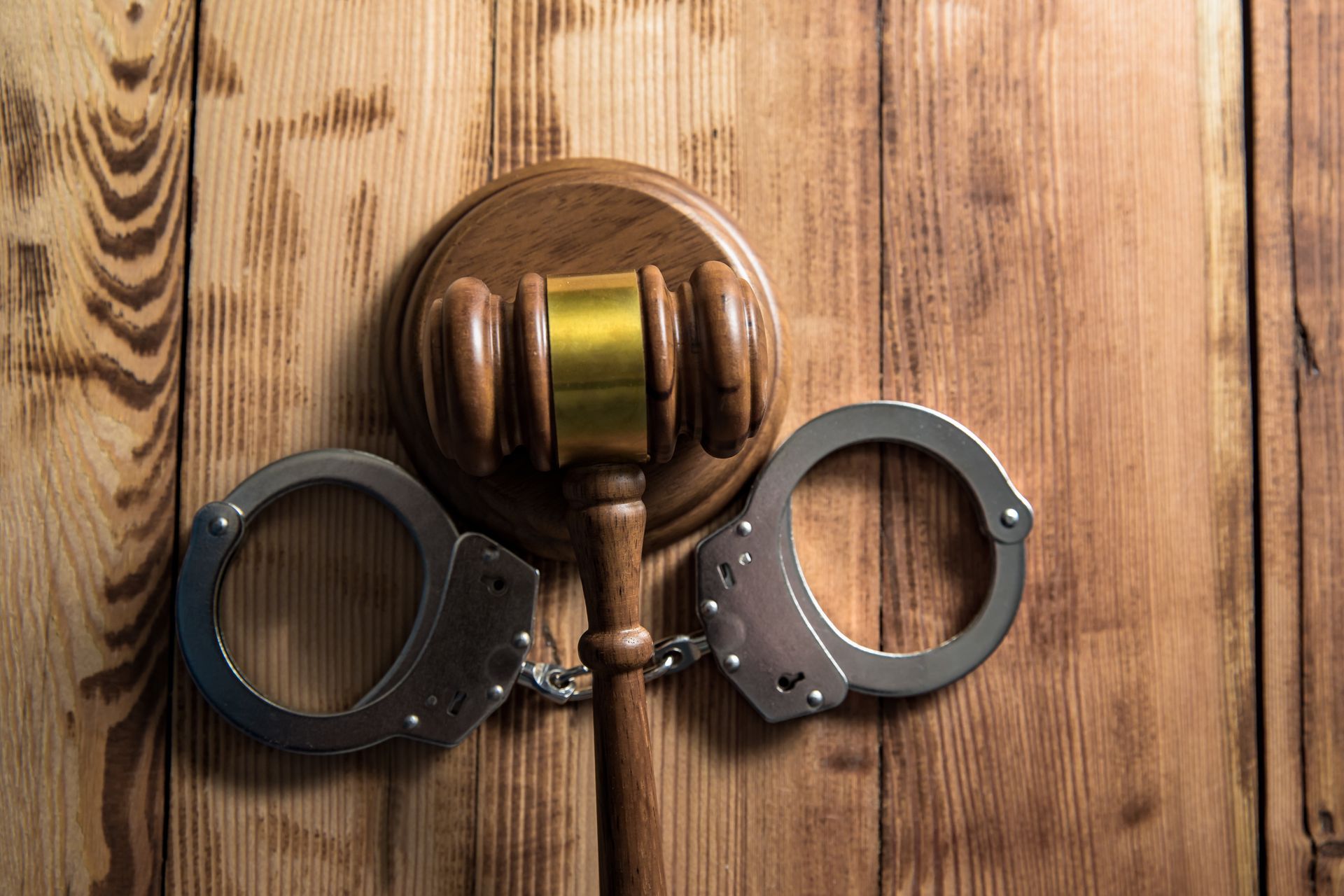Understanding DUI Laws in Phoenix, Arizona: What You Need to Know
Understanding DUI Laws in Phoenix, Arizona: What You Need to Know
Driving under the influence (DUI) charges in Arizona are serious. With some of the toughest DUI laws in the country, Arizona imposes strict penalties that can affect nearly every aspect of your life. Whether it’s your first offense or a repeat arrest, knowing your rights and the legal landscape is critical if you’re facing DUI allegations in Phoenix.
At DwaneCates.com, PLLC, we’ve helped countless individuals navigate the complex legal process of DUI charges. Below, we break down what you need to know about DUI laws in Phoenix, including definitions, consequences, and what steps to take if you’re arrested.
What Is Considered a DUI in Arizona?
In Arizona, DUI laws are governed by ARS §28-1381 and related statutes. You can be charged with DUI if you're:
- Driving with a blood alcohol concentration (BAC) of 0.08% or higher
- Operating a commercial vehicle with a BAC of 0.04% or higher
- Under the influence of drugs, alcohol, or a combination that impairs your ability to drive—even if your BAC is below the legal limit
- Found to be driving under the influence while under 21 years of age, with any trace of alcohol in your system
Arizona also enforces Zero Tolerance and Implied Consent laws, meaning drivers can face penalties for refusing chemical testing and for even minor levels of alcohol.
Types of DUI Charges in Arizona
Arizona has several categories of DUI offenses, including:
1. Standard DUI
- BAC of 0.08% to 0.149%
- Common penalties include jail time, fines, and license suspension
2. Extreme DUI
- BAC of 0.15% to 0.199%
- Harsher penalties, including longer jail sentences and higher fines
3. Super Extreme DUI
- BAC of 0.20% or higher
- Substantially increased penalties and mandatory ignition interlock device installation
4. Aggravated DUI
- DUI while driving on a suspended license
- DUI with a passenger under 15
- Third DUI within 84 months
- These are classified as felonies, carrying prison time, long-term license revocation, and permanent criminal records
Penalties for DUI in Phoenix
Arizona's DUI penalties are some of the most unforgiving in the country. Even first-time offenders can expect:
- Mandatory jail time (starting at 10 days for a standard DUI)
- Fines and fees exceeding $1,500
- Driver’s license suspension
- Ignition interlock device installation
- Alcohol education classes
- Increased auto insurance rates
Repeat offenses or higher BAC levels can result in significantly harsher penalties, including longer incarceration and permanent criminal records.
What Happens After a DUI Arrest?
A DUI arrest in Phoenix typically includes:
- Booking and Chemical Testing
You may be subjected to a breath, blood, or urine test. Refusal can lead to automatic license suspension. - Court Appearance (Arraignment)
You will be informed of the charges and enter a plea. - Pretrial and Trial
If your case is not resolved through plea negotiations, it may proceed to trial. - Possible License Suspension
The Arizona MVD may take separate administrative action against your driving privileges.
Why Representation Matters
Navigating Arizona’s DUI system alone can be overwhelming. From challenging the legality of the stop to disputing test results or negotiating sentencing terms, having the right defense makes a significant difference. At DwaneCates.com, PLLC, we stand by clients every step of the way—protecting rights, crafting strategic defenses, and pursuing the most favorable outcomes possible under the law.
Frequently Asked Questions
Can I Refuse a Breathalyzer in Arizona?
Yes, but refusal triggers automatic license suspension under Arizona’s Implied Consent law, and can be used against you in court.
Is Jail Time Mandatory for DUI in Phoenix?
Yes, even for a first offense, Arizona requires at least 10 days in jail, though part of the sentence may be suspended with alcohol education compliance.
Can DUI Charges Be Reduced or Dismissed?
Yes, depending on the circumstances. Unlawful stops, faulty tests, and procedural violations can lead to reduced charges or case dismissal.
Arrested for DUI in Phoenix? Take Action Now.
If you or someone you care about is facing DUI charges in Arizona, don't wait to take action. The legal consequences are serious, but with the right support, you don’t have to face them alone.
📞 Call DwaneCates.com, PLLC today at 602-878-8695 to schedule a consultation and learn how we can help defend your rights and future.









